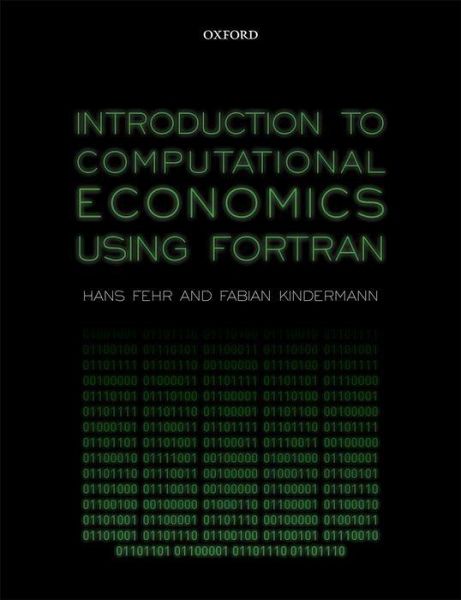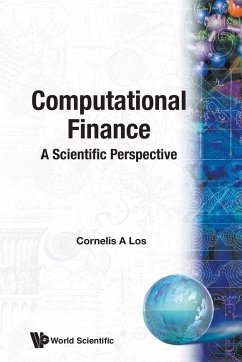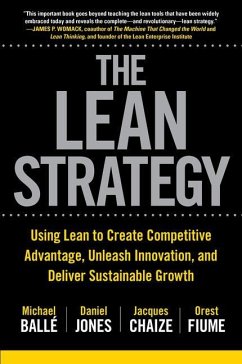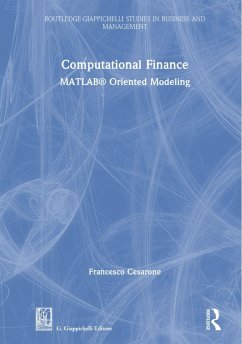Nicht lieferbar

Introduction to Computational Economics Using Fortran
Versandkostenfrei!
Nicht lieferbar




This introduction to computational economics teaches students of all levels as well as advanced researchers how to conduct economic research using Fortran. Guiding the reader through the technical details of Fortran as well as various examples and applications it simplifies the first steps of using a computer to conduct economic research.
Hans Fehr is Professor of Economics at the University of Wuerzburg. His previous roles have included Assistant Professor at the University of Tuebingen and Postdoctoral Researcher at Boston University. Professor Fehr's main research interests are in the field of quantitative public economics. His past work has focused on analyzing the economic consequences of population aging and various tax policy and social security reforms by means of computable general equilibrium models with overlapping generations. His research has been published in the European Economic Review the Journal of Economic Dynamics and Control, the Review of Economic Dynamics, and the Scandanavian Journal of Economics. Fabian Kindermann is Assistant Professor of Economics at the University of Bonn. He was previously a Postdoctoral Researcher at Northwestern University and an Assistant Professor at the University of Wuerzburg. His research interests are in public economics and macroeconomics, where he uses quantitative macroeconomic models to shed light on the determinants of economi inequality, study the implications of inequality for the optimal design of tax and social security systems, and investigate issues in family economics. His work has been published in the European Economic Review, Review of Economic Dynamics, Journal of Economic Dynamics, and Control and Computational Economics.
Produktdetails
- Verlag: Oxford University Press
- Seitenzahl: 586
- Erscheinungstermin: 8. März 2018
- Englisch
- Abmessung: 246mm x 189mm x 35mm
- Gewicht: 1140g
- ISBN-13: 9780198804406
- ISBN-10: 0198804407
- Artikelnr.: 49777501
Herstellerkennzeichnung
Libri GmbH
Europaallee 1
36244 Bad Hersfeld
gpsr@libri.de
Für dieses Produkt wurde noch keine Bewertung abgegeben. Wir würden uns sehr freuen, wenn du die erste Bewertung schreibst!
Eine Bewertung schreiben
Eine Bewertung schreiben
Andere Kunden interessierten sich für










